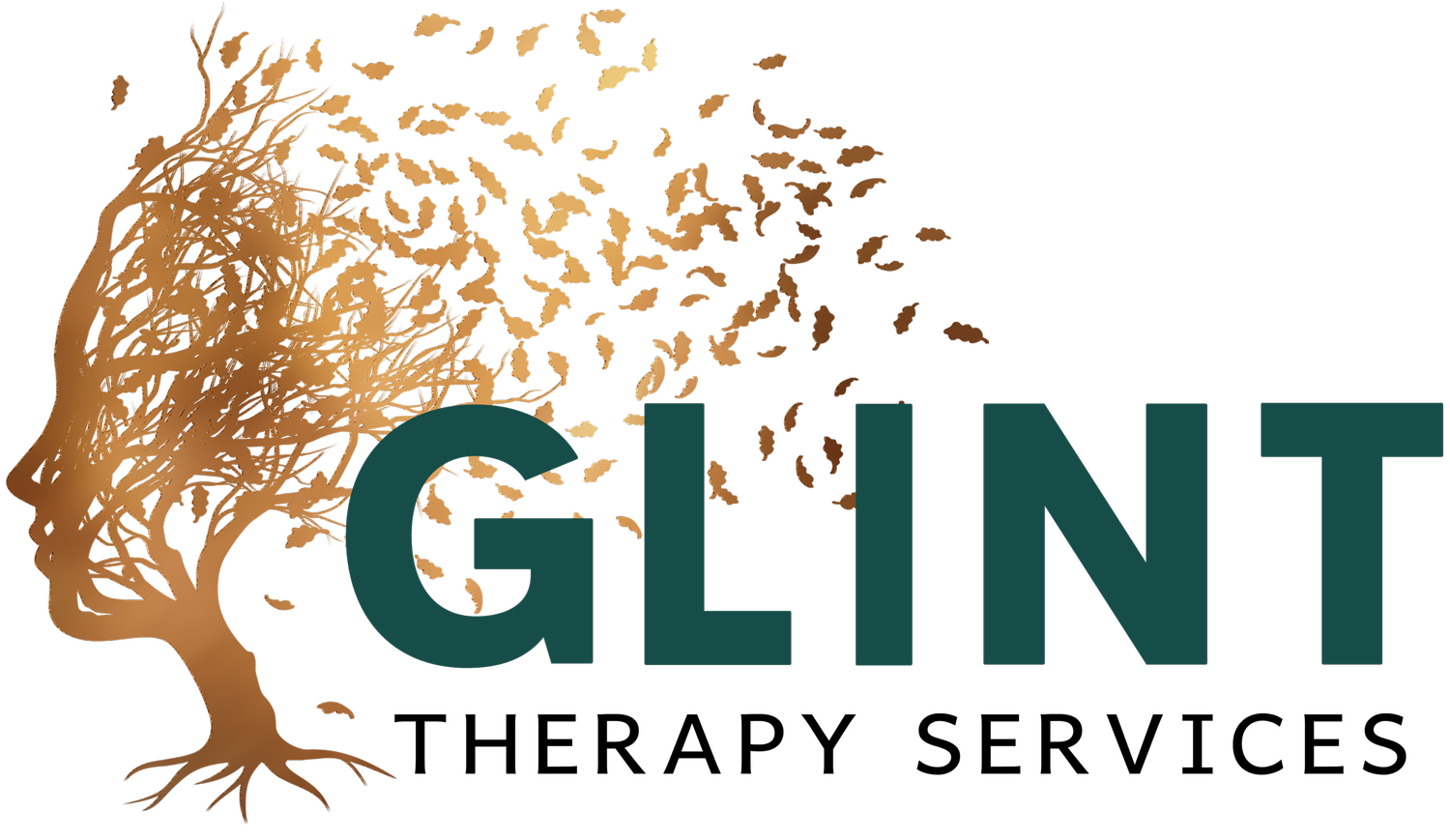Social, Communication, and Pragmatics
Navigating personal and professional relationships demands effective communication and social nuance; most interactions with others are dynamic and complex. Our comprehensive assessment process considers features such as verbal and nonverbal communication, understanding of social norms, and social cognition. We thoroughly map out how you normally interpret social cues and use language, including your ability to grasp humor, sarcasm, and subtle meanings. Whether you are facing challenges in social situations or seeking to improve your interpersonal skills, we help you discover new horizons with proven interventions to enhance your social and communicative competence wherever you go.
Social (Pragmatic) Communication Disorder
Social (Pragmatic) Communication Disorder involves significant deficits in using verbal and nonverbal communication for social purposes. Individuals with Social Communication Disorder often struggle to understand social cues or maintain conversations despite having normal language skills, which makes it difficult to interpret tone of voice or comprehend idiomatic expressions. Although exact prevalence rates are not well-established, it has been estimated to affect approximately 1-3% of the population globally. Accurate diagnosis can guide treatment and improve outcomes for many individuals with Social Communication Disorder, especially if they can chart effective interpersonal maps earlier in development.
Autism Spectrum Disorder (Asperger Syndrome)
Autism Spectrum Disorder (ASD) encompasses a broad range of conditions characterized by challenges with social skills, repetitive behaviors, and communication. Nationally, it has been estimated that approximately 1 in 36 individuals (or 2.7%) has ASD. Individuals with ASD may struggle to understand social norms or maintain eye contact. They also tend to present with restricted interests or rigid patterns, including self-stimulation (“stimming”) movements such as finger-flicking, hand-flapping, or body-rocking. Early diagnosis and intervention are indispensable for individuals with ASD to develop the skills for navigating the social landscape.




